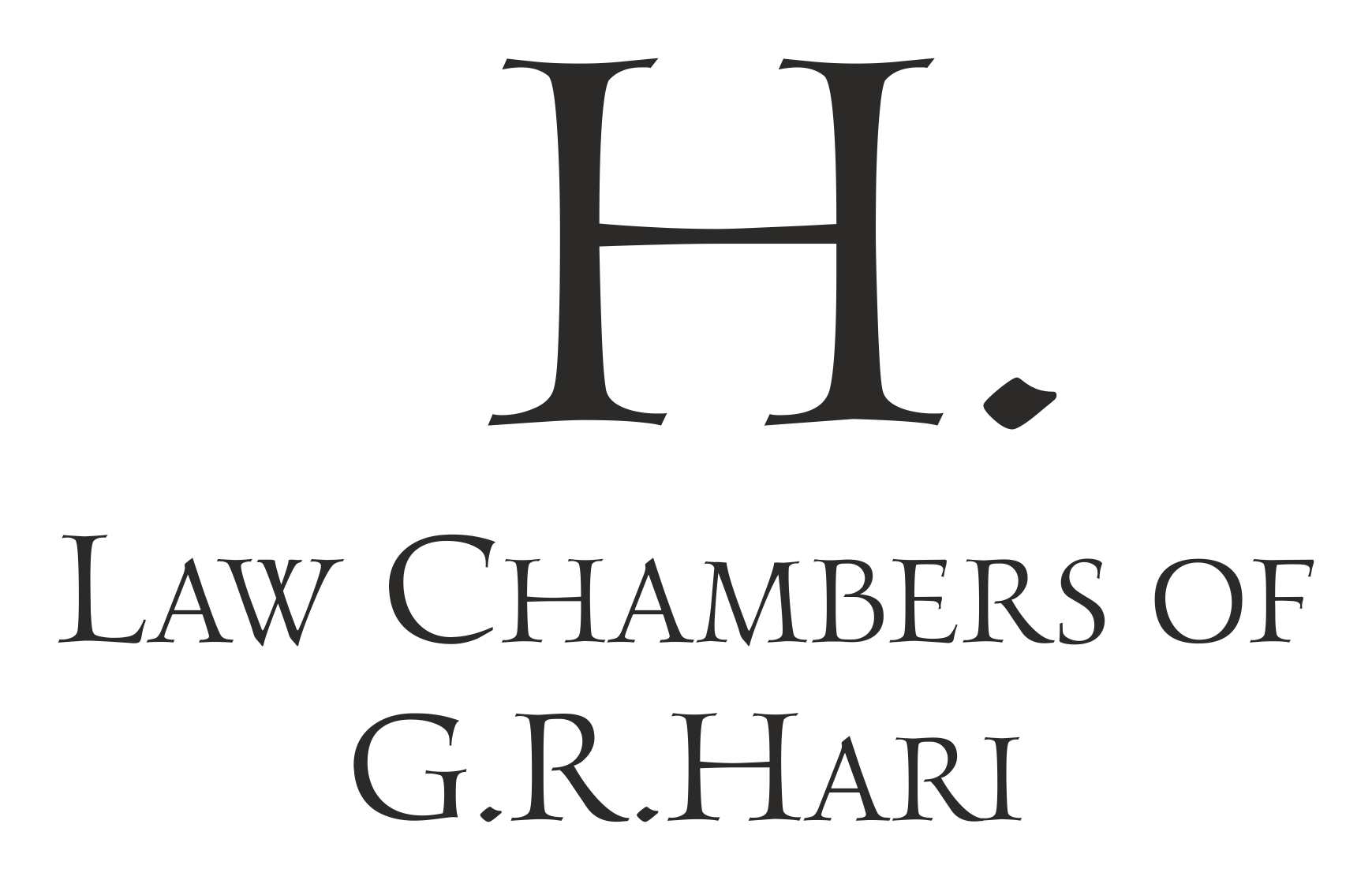I came across an old interesting decision of the Supreme Court in Hazari Lal Gupta v. Rameshwar Prasad,(1972) 1 SCC 452:1972 SCC(Cri) 208:(1972) 2 SCR 666: 1972 Cri LJ 298 : AIR 1972SC 484 where an accused, who was a resident of UK and was doing business there, had obtained bail on the condition that he shall surrender his passport. Subsequently, he moved the High Court under Section 561-A of the Old Code for return of passport and seeking permission to travel abroad. The High Court rejected the application by the Accused.
The accused moved the Supreme Court seeking a modification of the condition, praying that he may be allowed to travel abroad. The Supreme Court took the view that the accused is not entitled for modification of the bail condition as he had already sought for reducing the surety for bail on the premise that he would surrender his passport. After enjoying the fruits of his bail, the accused cannot seek relaxation of the condition based on which his bail was granted, and further, the sureties were reduced.
The extract of the decision by the Supreme Court in in Hazari Lal Gupta v. Rameshwar Prasad,(1972) 1 SCC 452:1972 SCC(Cri) 208:(1972) 2 SCR 666: 1972 Cri LJ 298 : AIR 1972SC 484 is hereunder:
10. The contention of the appellant in the forefront was that the passport of the appellant should be returned so that the appellant could return to England. On behalf of the appellant an affidavit was affirmed by Virendra Kumar Srivastava in the High Court at Allahabad in support of the application for modification of the order for sureties that the appellant was prepared to give an undertaking that he would not leave India before the case was finally decided and he was further prepared to surrender his passport after release on bail. When the High Court at Allahabad passed an order on July 21, 1970, reducing the sureties and thereafter on August 21, 1970, passed an order directing the appellant to surrender his passport and the appellant complied with the orders and was released on bail, the appellant could not again come up under Section 561-A of the Criminal Procedure Code before the High Court at Allahabad for modifying and revising the orders passed by the High Court.
11. On behalf of the appellant it was said that Sections 496, 497 and 498 of the Criminal Procedure Code in relation to bail did not confer any power on the Court when granting bail to restrict the departure of the appellant from India by requiring the appellant to surrender the passport. Sections 496, 497 and 498 of the Criminal Procedure Code are not exhaustive of powers of the Court in regard to terms and conditions of bail particularly when the High Court under Section 561-A of the Criminal Procedure Code deals with cases of the type. The apprehension of the appellant jumping bail could not be brushed aside. If the appellant wanted to retain the passport the Court might not have granted the appellant any bail. Again, the reduction of the surety was made in order to enable the appellant to be enlarged on bail. The reduction of surety was also on the consideration that the appellant would not leave India.
Cases Referred:
Hazari Lal Gupta v. Rameshwar Prasad,(1972) 1 SCC 452:1972 SCC(Cri) 208:(1972) 2 SCR 666: 1972 Cri LJ 298 : AIR 1972SC 484

Leave a Reply